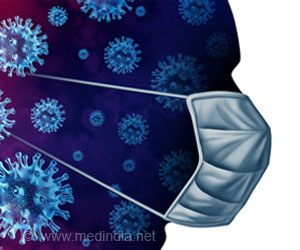Eighty (80) healthy volunteers will be enrolled in ten (10) cohorts comprising of five (5) single ascending doses and five (5) multiple ascending dose cohorts. The primary endpoints determine the maximum tolerated dose and establish dosage recommendations for potential Phase II clinical trials in the future.
“It is a great pleasure to see our AI-discovered novel molecule with a novel mechanism enters the Phase I clinical trial,” said Feng Ren, PhD, chief science officer of Insilico Medicine.
Taking advantage of AI-driven drug discovery will rapidly advance the development of innovative therapeutics for unmet medical needs, especially in the areas of fibrosis, oncology, immunology, and neurology.
To better understand the compound distribution, establish a dose, and provide insights into ISM001-055’s safety profile in humans, Insilico initiated a Phase 0 exploratory microdose trial of ISM001-055 in November 2021, which was conducted in Australia and included eight (8) healthy volunteers.
The results identified a microdose of ISM001-055 with a favorable pharmacokinetics and safety profile.
“There are groups who try to do target discovery and groups who do chemistry, but Insilico goes end-to-end,” said Michael Levitt, 2013 Nobel Laureate in Chemistry and member of Insilico Medicine’s Scientific Advisory Board.
The best way to validate the performance of an AI system is to conduct comprehensive testing with novel targets and novel molecules. Human safety testing is crucial.
Modern deep learning technologies enable us to perform target identification using longitudinal biological data from healthy subjects and make inferences into a variety of diseases.
This was the guiding principle for our anti-fibrotic program starting with identifying targets that may play a role in both aging and disease.
Source: Medindia



